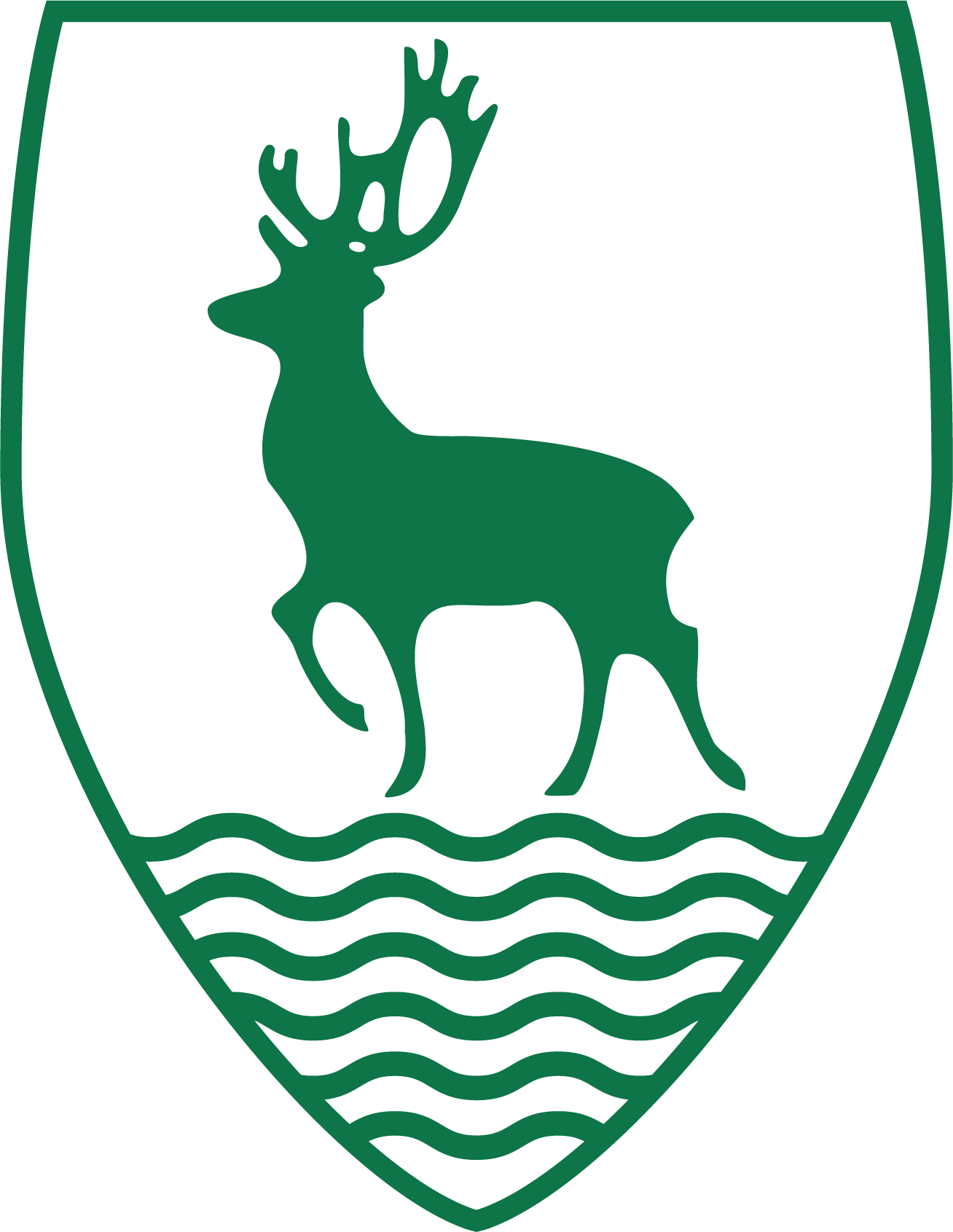At Simon Balle All-through School, we believe that school trips are an invaluable part of the educational experience. These trips offer students the chance to broaden their horizons beyond the classroom, helping them build confidence, develop independence, and engage with the subjects they study in new and exciting ways. School trips also promote teamwork, curiosity, and critical thinking—skills that are essential both inside and outside of school.
In the table below, you will find an overview of the trips planned across different year groups and subjects, providing insight into the rich experiences your child may have during their time with us. Please note that some trips, such as visits to the theatre or local events, may be booked in as opportunities arise, and we will inform you of these additional opportunities with as much advance notice as possible.

